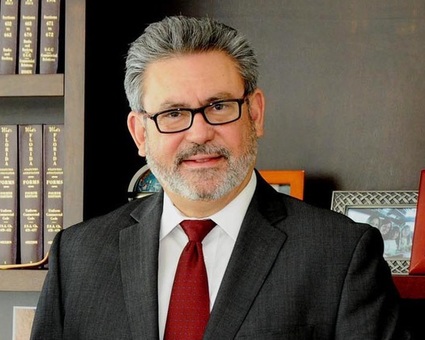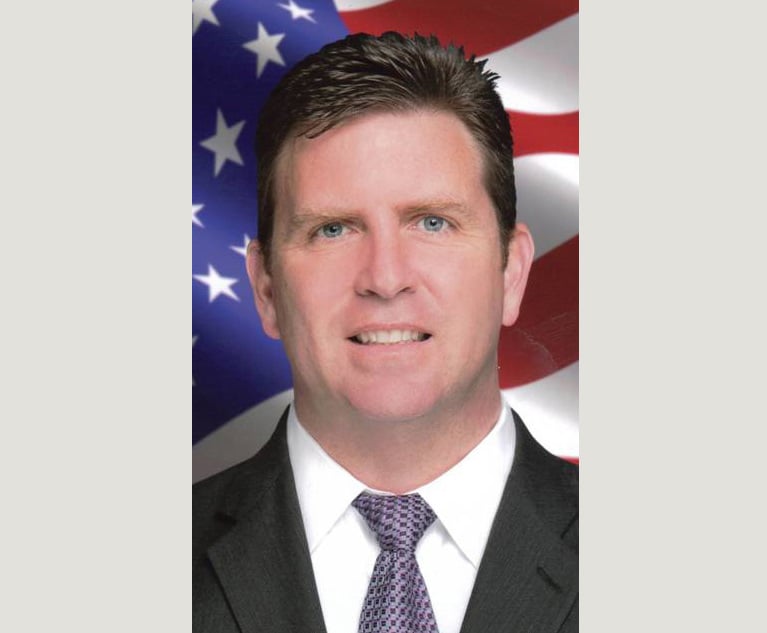The lawsuits and countersuits between feuding partners of the former firm Rosenthal Rosenthal Rasco & Kaplan came to a confidential settlement Saturday, days after a special magistrate filed a report critical of Daniel Kaplan.
The magistrate report filed Dec. 5 found Kaplan owed the firm thousands of dollars and had kept accounts receivable from the firm. Kaplan’s lawyer filed exceptions to the report Thursday, saying the magistrate had failed to address Kaplan’s claims.


 Eduardo Rasco
Eduardo Rasco





